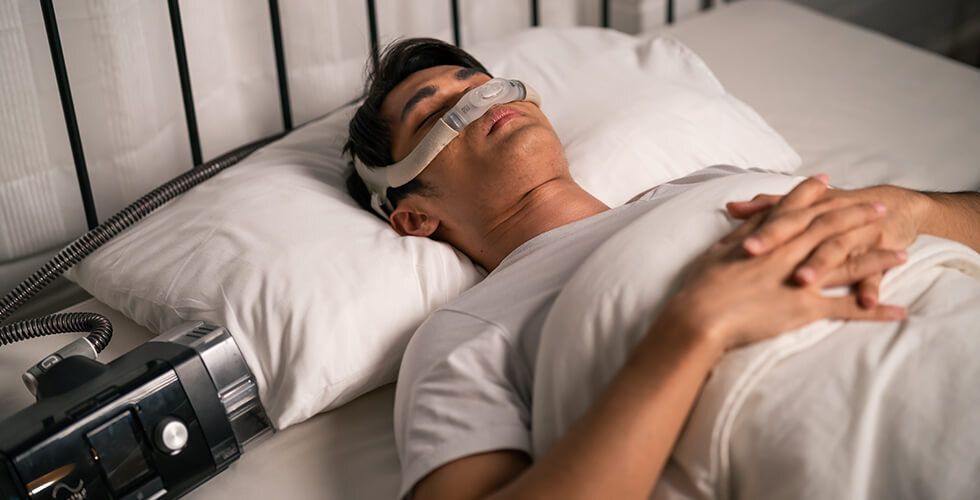
If you’re considering using a CPAP machine to treat sleep apnea, new research suggests it might not be the best option for everyone. A recent study published in the European Heart Journal reveals that while CPAP machines can significantly lower heart risks in those with severe sleep apnea, they might actually increase the risk of heart attack, stroke, and heart-related death in some individuals.
CPAP (Continuous Positive Airway Pressure) therapy works by blowing air through a face mask to keep the airways open during sleep. For people with severe sleep apnea, this constant airflow helps maintain oxygen levels and stabilizes heart rate. The new evidence review, which analyzed data from over 3,500 participants across three major clinical trials, found that CPAP had a 17% reduction in heart attack, stroke, and heart-related death among high-risk patients.
However, the study also uncovered concerning findings for people with milder forms of sleep apnea. Particularly in those who don’t experience daytime sleepiness, CPAP may worsen heart health, increasing the risk of serious cardiovascular problems by 30%. Researchers suggest that for these patients, CPAP’s pressure could potentially stretch the lungs or disturb sleep, both of which may strain the cardiovascular system.
This study emphasizes the need for personalized treatment for sleep apnea. While CPAP can be life-saving for those with high-risk sleep apnea, it might have unintended harmful effects for those without severe symptoms. The findings suggest a more tailored approach to treatment, taking into account the severity of sleep apnea and existing heart health.
Ultimately, more research is needed to understand the full scope of CPAP’s potential risks, particularly for those with mild sleep apnea.

